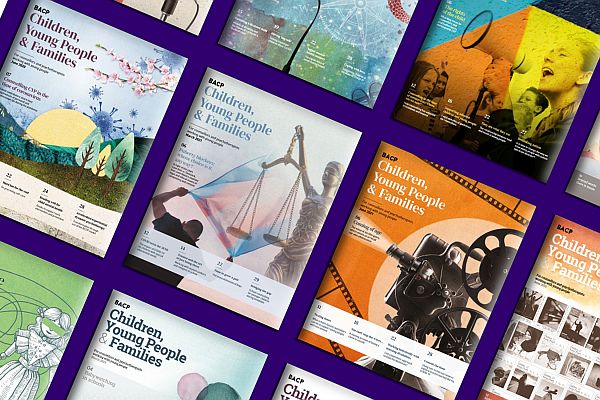Carl Rogers believed that all living organisms given the right conditions will strive and grow, and while the conditions for growth can vary, we all share this basic tendency to actualise. I've always held this belief at my core and have had the great privilege of watching young people grow and develop before my very eyes!
Before becoming a counsellor, I worked as a Children and Families Social Worker in some of Scotland’s most deprived areas. I was always struck by the resilience and strength that young people can show in the face of adversity. I developed a strong desire to want to connect with young people on a deeper level, to really hear their stories, understand their beliefs and to help them navigate a path to better self-awareness and understanding; and this led me on my own journey of growth, and into the world of counselling.
In my experience, counselling can have a significant impact on children and young people, I often get the sense that many young people struggle to find their voice in the multiple systems they're part of, families, school, friendship groups and social media platforms. There's often a lot of pressure and expectation placed on the shoulders of young people and few places where this can be fully explored and held, without distraction or competing demands. In my counselling practice I work hard to create a relationship where young people know that I genuinely care and where they need only show up as themselves.
In my experience as a school counsellor, I’ve found that young people are sometimes desperately trying to navigate what they describe as the awkward and excruciating social situations at school. They become anxious about break times and worry about being included. They feel painfully self-conscious. This is a subject that sometimes comes up in our sessions, when they reflect on their personalities, I encourage them to think about their personal and unique qualities. It can be a real surprise to young people to discover they are perhaps shy and introverted; that they feel more comfortable in small groups and one-to-ones. It’s often as if they’ve been telling themselves a different story about who they should be, in order to try and fit in and be accepted. I’ve seen how through the therapeutic relationship, with their hard work and increased self-awareness, these young people can be more accepting of themselves, and as a result they can become happier.
This illustrates how counselling can support young people to grow and develop their potential. I find it powerful, moving and it encourages me to continue on my own journey of growth and learning too.
Read more...

BACP Children, Young People and Families division
BACP CYPF is for practitioners and other professionals interested in counselling and psychotherapy for children and young people.

BACP Children, Young People and Families
Subscribe for free access to the online journal

Blogs and vlogs 2022
News and views from members, staff and clients
Views expressed in this article are the views of the writer and not necessarily the views of BACP. Publication does not imply endorsement of the writer’s views. Reasonable care has been taken to avoid errors but no liability will be accepted for any errors that may occur.
